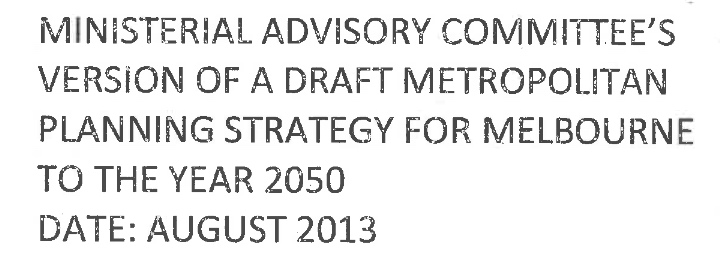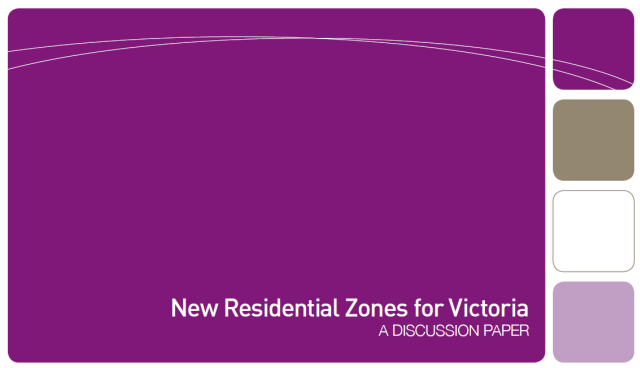
This is my submission to the recent VicSmart review (with a few minor corrections). Obviously it is partly based on my Planning News article “Breaking the Land Speed Record in an Engineless Car,” but it is considerably expanded.
Introduction
The new VicSmart provisions are the culmination of a long push towards implementing two closely related reforms: Code a\Assessment and a fast-track permit process. These ideas have been central to the planning reform agenda of DTPLI and its predecessors for some time. It is seven years since Code Assessment was put on the reform agenda by the Cutting Red Tape in Planning report, and ten since Better Decisions Faster floated a “short permit process.”
Throughout this period there has been a lack of clarity about how code assess and a short permit process would work. These measure have been sold in reviews such as the Modernising Victoria’s Planning Act work by floating a false idea that the system currently operates on a one-size-fits-all model. This is not the case, as myself and many other submitters to previous reviews have pointed out. The system currently includes various systemic measures to fast-track simple matters (permit exemptions, notice exemptions and the like) and Councils routinely employ streaming measures of various degrees of sophistication.
The confusion on such points, and the lack of focus throughout the refinement of Code Assessment on drafting specific codes to use with the system, has now led to a seriously compromised fast-track process. The proposed VicSmart measures show a poor understanding of the distinctive challenges of simple / fast-track statutory planning work. They create unreasonable demands on Councils while not providing Councils the tools that will be genuinely helpful in pursuing applications more quickly. Instead they create additional complexity that will actually hinder existing successful fast-track measures.
VicSmart as currently released will be counterproductive. It should be abandoned in favour of more genuinely facilitative measures.
Continue reading →
 I am quoted in this Age story on the original Advisory Committee draft of Plan Melbourne, which has now been released under Freedom of Information laws after an application by former Labor staffer Andrew Herington. The full draft can be found here.
I am quoted in this Age story on the original Advisory Committee draft of Plan Melbourne, which has now been released under Freedom of Information laws after an application by former Labor staffer Andrew Herington. The full draft can be found here.







